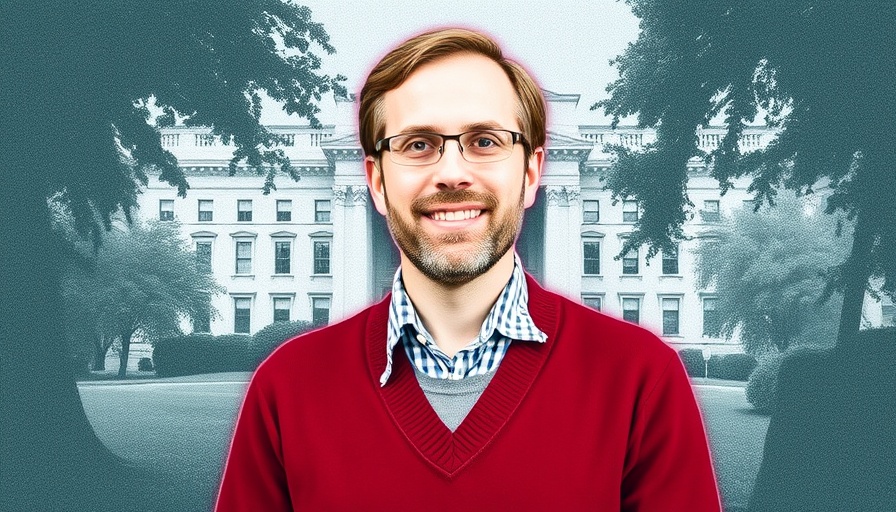
Dr. Helen Chu's Downfall: A Pivotal Moment for Vaccine Policy
In an incident that has captured the attention of health advocates nationwide, Dr. Helen Chu's abrupt dismissal from the CDC's Advisory Committee on Immunization Practices (ACIP) raises significant questions regarding vaccine policymaking in the United States. Chu discovered her termination through a Wall Street Journal op-ed, a shock to anyone who understood the extensive vetting process she underwent to secure her position. Her removal, along with several colleagues, was precipitated by a wave of changes following the appointment of health secretary Robert F. Kennedy Jr., known for his controversial views on vaccinations.
The Impact on Vaccine Accessibility and Public Health
The ACIP plays a critical role in shaping vaccine policy in the U.S., formulating recommendations that directly affect immunization schedules across the country. These recommendations influence decisions made not only by state health departments but also by private insurance companies determining which vaccines to include in their coverage. Chu expressed concern that her ousting could jeopardize the future availability of vaccines, particularly for the 50% of children relying on government-funded programs. "Just because you have private insurance doesn't mean you'll be safe from vaccine shortages," she noted, highlighting how these changes could create barriers for families seeking necessary immunizations.
History Repeating Itself? Previous Tensions in Vaccine Policy
Chu's experience is not an isolated incident but part of a larger trend of tension surrounding vaccine policy decisions. Historical precedents suggest that changes in leadership and skepticism about vaccines can lead to significant public health ramifications. The past few years have shown how misinformation can sway public opinion and policy decisions, potentially threatening herd immunity levels. For Chu, who navigated a complex landscape of vaccine research and policy, her termination underscores the fragility of trusted public health networks.
Looking Ahead: What's Next for Vaccine Policy?
The future of the ACIP and vaccine guidelines is uncertain amidst the current political landscape. With new members announced to replace Chu and her colleagues, the introduction of fresh perspectives can either bolster or undermine public trust in vaccine guidance. Kansas, for example, has seen fluctuating vaccine uptake rates in response to shifts in public messaging—a situation Dr. Chu warns could replicate nationally. It's imperative for public health advocates to consider how these changes might affect not only vaccine availability but also broader health outcomes.
How to Stay Informed and Engage in Vaccine Advocacy
Knowledge is power, especially in the context of health and wellness. Understanding the intricacies of vaccine policy and being informed about local public health initiatives can empower individuals and communities. To stay engaged and informed, residents are encouraged to follow local health news, participate in town halls, and advocate for transparent communication from health authorities. As advocates for health equity, it’s important that Seattle citizens take an active role in ensuring that public health systems continue to prioritize vaccination access.
Conclusion: Empowering Our Communities through Awareness
The recent changes within the CDC's vaccine advisory panel should incite a call to action for Seattle residents. It’s essential to recognize the impact individual decisions have on community health. By remaining educated about vaccine policy and advocating for comprehensive health systems, we can collectively strive for a healthier future.
 Add Row
Add Row  Add
Add 




Write A Comment